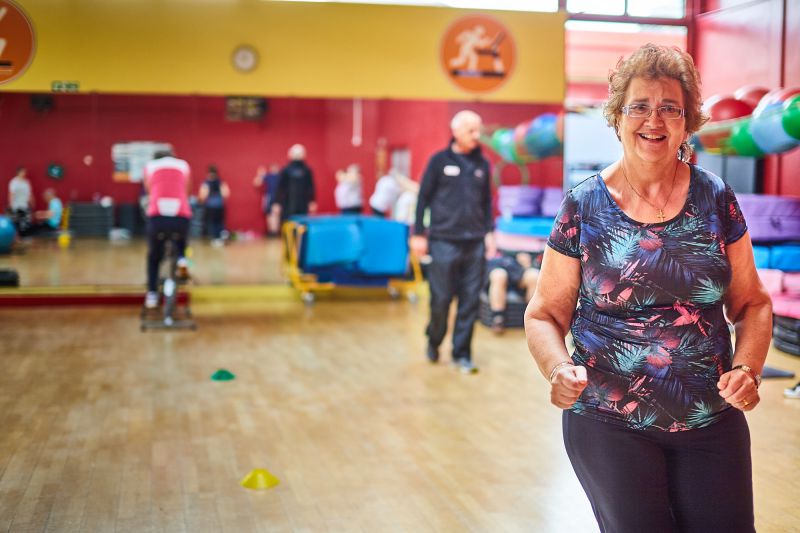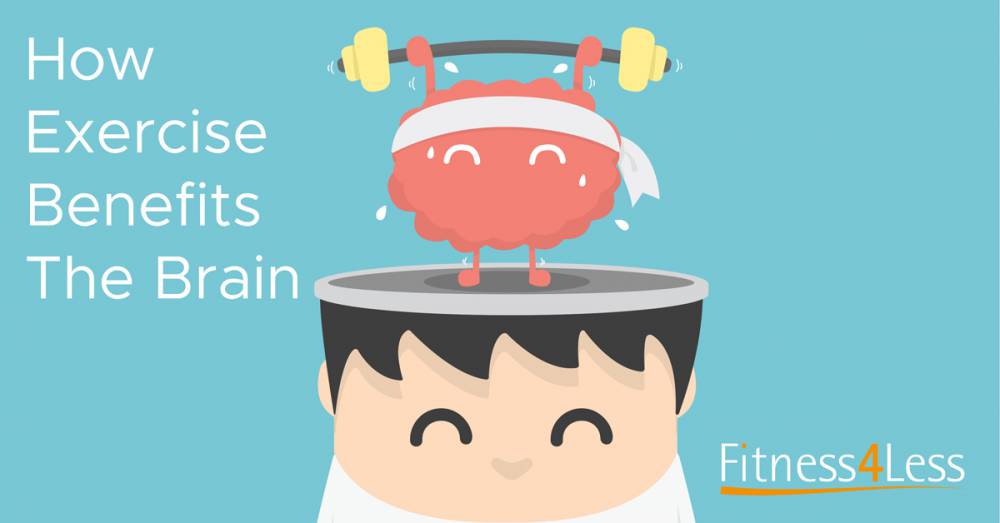As a physiotherapist, I often prescribe exercise for almost all of my patients, sometimes more than once in the same visit — exercise for cardiovascular health, weight loss, stress management, lifting mood. Scientific evidence strongly supports the benefits of activity for all of these things. Plus, it’s free, and there are few side effects or adverse medication interactions.So, is there an “exercise prescription” for boosting your brain?Mounting evidence also suggests that exercise can boost brain function and protect against dementia. This makes great physiologic sense: increased blood flow to the brain means more oxygen and nutrients in, and toxins out. However questions remain. Will exercise help older adults? What about those who already have some cognitive impairment, even early dementia? What type of exercise, how much, and for how long?
So what type of exercise is best for your body and your brain & what workouts really help your brain?Well, any moderate cardio exercise performed regularly for at least 45 minutes, regardless of frequency or length, can improved multiple cognitive functions, as can resistance training, whether this be free weights, machines or body weight. Resistance training and aerobic exercise each release different types of compounds that help support the growth of neurons in the brain. Doing both may be providing a ‘sweet spot’ for brain health.

What’s good for the body is good for the brain. We know that people who have higher levels of cardiovascular fitness tend to have larger brain volume, but both aerobic exercise and strength training are important. Exercise disciplines like T'ai-Chi and yoga have been shown to improve memory and are particularly effective in boosting brain health. These results are seen regardless of baseline cognition, meaning both healthy or people with a cognitive illness, such as dementia, can benefit.
What does this mean? Experts suggest with high confidence that many types of exercise can improve memory, and that we should focus on developing specific exercise prescriptions tailored to improving specific cognitive functions.
My opinion? The evidence overwhelmingly supports the concept that we should all be living an active lifestyle, and that a specific exercise plan can not only help improve you physically, but also cognitively. If you want to feel and function better, do something, just about anything, active. If you’re thinking about starting a workout regime (or amending your current routine), you can often find supervised programmes through a qualified professional like a physiotherapist.
Do you want to boost your brain function?
If so get moving! You now know that you can walk briskly, jog, hike, cycle, do aerobics, or dance around for about 45 minutes to help keep your brain in shape. Instead you could take a Pilates class, lift some weights, or do some circuits and still see a benefit. Make sure it is something you can sustain and that you enjoy it!
 This blog was provided by Karl, from Baraks Physiotherapy Clinic. Karl has a vast range of experience treating all musculoskeletal conditions of both the upper and lower limbs, including sports injuries, but has a particular interest in back pain. For more information about Karl and his team of physiotherapist or if you feel you would benefit from an consultation with him, please contact the clinic on 01384884884, visit our website or follow the clinic on facebook
This blog was provided by Karl, from Baraks Physiotherapy Clinic. Karl has a vast range of experience treating all musculoskeletal conditions of both the upper and lower limbs, including sports injuries, but has a particular interest in back pain. For more information about Karl and his team of physiotherapist or if you feel you would benefit from an consultation with him, please contact the clinic on 01384884884, visit our website or follow the clinic on facebook
![]()
![]()
![]() blog
blog![]()
![]()
![]() blog
blog

